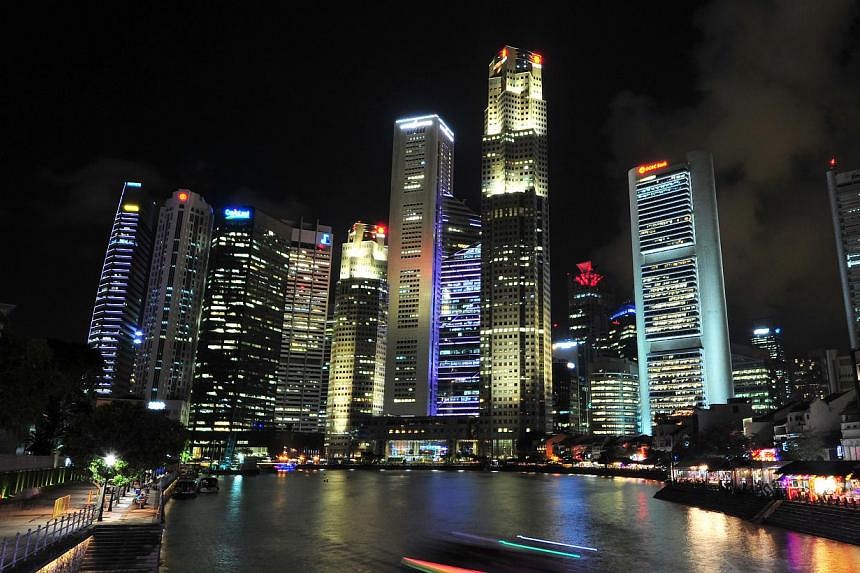In a genuine outpouring of grief, Singapore had a week's official mourning for the late Mr Lee Kuan Yew, its visionary prime minister from 1959 to 1990.
He continued to wield great political influence until 2011.
Around 50 years ago, Singapore was little more than an impoverished swampy island with 1.6 million inhabitants and virtually no natural resources.
Now, with a population of 5.5 million, it has been transformed into the envy of the world.
The statistics speak for themselves. Unemployment is just 2 per cent, Singapore is third in the global education league, possibly the world's healthiest nation and 90 per cent of Singaporeans own their own homes, which are mostly government-built.
Crime levels are almost the lowest in the world, it is one of the least corrupt nations and its streets, public transport and public places are clean.
Singapore is also the top country in which to do business.
It has an almost perpetual government Budget surplus of between zero and 20 per cent of gross domestic product and the sixth-highest purchasing power in the world, twice that of Britain.
What a legacy for Mr Lee.
He describes the factors underpinning Singapore's success in his book, From Third World To First, as wealth creation, huge investment in infrastructure, environment and leisure facilities, building quality homes instead of paying benefits and nurturing talent - as well as the Confucian principle that the family should take responsibility for its members.
Wealth creation has focused on attracting investment and supporting local businesses.
It keeps business taxation low, half that of Britain, and gives generous allowances to start-ups.
Unlike Britain, employment laws favour the employer rather than the employee.
Unlike the proliferation of bodies in Britain, one agency, International Enterprise, actively supports the establishment and development of new businesses and helps them become global.
This was deliberate policy in the 1980s to turn Singapore into a financial centre.
With the increasingly booming economies of South-east Asia and China on its doorstep, Singapore is well placed to make itself attractive to investors and it is seizing the opportunity to take advantage of those markets.
Pharma group GlaxoSmithKline is the latest major business to decide to invest in a regional hub and Ila Technologies has just opened the world's largest diamond greenhouse.
In 2013, Singapore spent 30 times more per head of population on infrastructure than Britain.
Recent investments in leisure and tourism have seen the building of the iconic Marina Bay Sands hotel and the two largest climate-controlled greenhouses in the world.
It has just announced plans to spend $740 million to spruce up the civic district.
Singapore is criticised for its tight controls on media and freedom of speech.
Political and social stability in a diverse nation has been seen as vital to economic success and, after some turmoil in the early 1960s and in neighbouring countries in the 1990s, Mr Lee decided that the Western model of press freedom was potentially divisive.
Singapore's Prime Minister, Mr Lee Hsien Loong, has stated recently that the country is investing in the future for its children and grandchildren, while older economies in the West are creating massive debt for them.
As the son of Mr Lee Kuan Yew, he must be a proud guardian of his father's legacy.
Singapore is increasingly visited by British politicians seeking inspiration.
Could this former colony of Britain prove its salvation?
THE GUARDIAN

